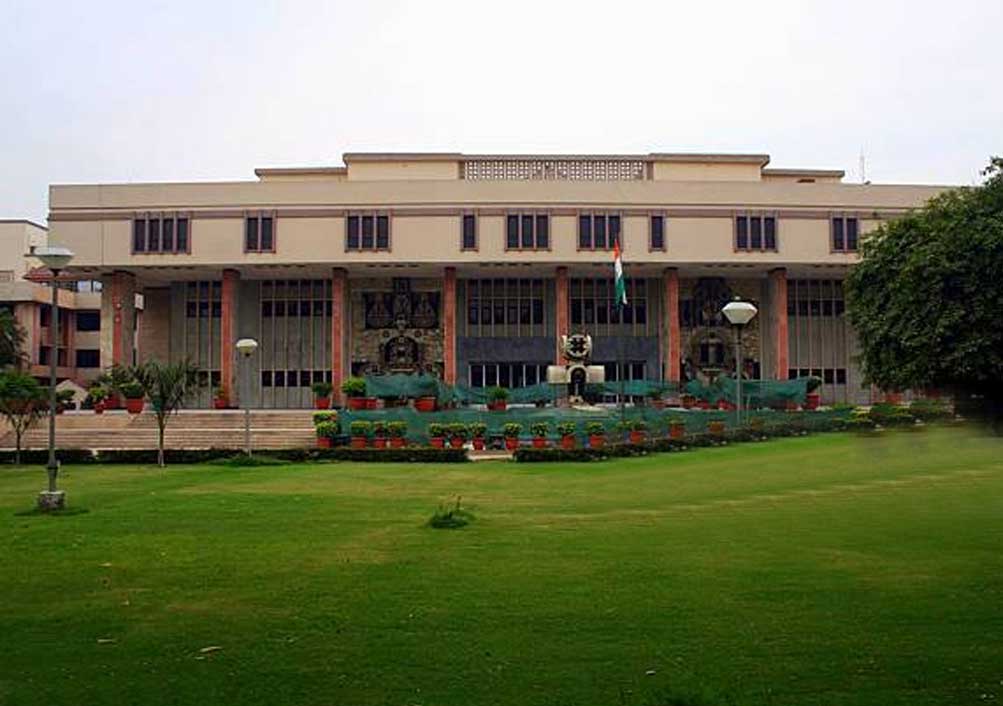Not every interpretation of law will amount to question of law warranting exercise of jurisdiction u/s 15Z of SEBI Act, rules Apex Court

Read Judgment: Securities And Exchange Board Of India V. Mega Corporation Limited
Pankaj Bajpai
New Delhi, March 28, 2022: While considering a statutory Appeal under the Securities and Exchange Board of India Act, 1992 , the Supreme Court has noticed that conclusions drawn by SAT did not give rise to any question of law warranting interference of this Court u/s 15Z as the conclusions arrived at by the Tribunal were based on independent findings of fact relating to issuance of misleading advertisements as well as manipulation of scrip prices and profits to lure investors.
A Division Bench of Justice Pamidighantam Sri Narasimha and Justice L. Nageswara Rao observed that the Supreme Court in exercise of its jurisdiction of Section 15Z may substitute its decision on any question of law that it considers appropriate.However, not every interpretation of the law would amount to a question of law warranting exercise of jurisdiction under Section 15Z.
The observation came pursuant an appeal u/s 15Z of the Securities and Exchange Board of India Act, 1992, against the final order of the Securities Appellate Tribunal (SAT), by which the Tribunal had set aside the order passed by the Securities and Exchange Board of India (SEBI – Appellant), restricting Mega Corporation (respondent – company) accessing the capital market for one year and further restraining the promoter directors from buying, selling or otherwise dealing with securities for India.
The allegation related to manipulation of the accounts for the year 2004-05 to show inflated profits to lure investors into buying shares of the company. SEBI traced the device by which the shares of the Company were bought and sold in the market and it was alleged that more than 2 crore shares were purchased by certain entities in the physical form in ‘off-market’ deals and then transferred those shares in subsequent ‘off-market’ deals to certain other outside entities connected to the company.
After considering the submissions, the Top Court noted that the jurisdiction of the Supreme Court u/s 15Z to consider any question of law arising from the orders of the Tribunal should be seen in the ‘context’ of the powers and jurisdiction of the Tribunal under Sections 15K, 15L, 15M, 15T, 15U and 15Y of the Act, as it is in the functioning of the Tribunal to re- examine all questions of fact at the appellate stage while exercising jurisdiction u/s 15T of the Act.
Speaking for the Bench, Justice Narasimha observed that the Supreme Court while exercising appellate jurisdiction u/s 15Z of the Act would be measured in its approach while entertaining any appeal from the decision of SAT and this freedom to evolve and interpret laws must belong to the Tribunals to subserve the regulatory regime for clarity and consistency and it is with this perspective that the Supreme Court will consider appeals against judgment of the Tribunals on questions of law arising from its orders.
Finding that the allegations of ‘off-market’ transactions necessitated its proof and the connectivity of the ‘outside entitles’ with the Company, the SAT in its appellate jurisdiction came to the conclusion that the connectivity could not be established and that the conclusions drawn by the Board were insufficient, noted the Bench.
Justice Narasimha found that the Board had, in its investigation, secured a letter from one of the directors of M/S DPS Shares and Stock Brokers Pvt. Ltd., the stockbrokers of the company, and this letter contradicted the stand taken by the company in its defence.
“When asked to explain the transaction relating to purchase and sale of scrip in somewhat suspicious circumstances, the Company took refuge by stating that the transactions were in the exclusive knowledge of the stockbroker company. The Board, in its investigation, secured a letter from a stockbroker stating that their two directors, one Shri Pratik Shah and one Shri Sujal Shah, had handled the transactions in the alleged scrip by opening a current account by using dummy resolutions without the knowledge of Shri Dinesh Masalia, the third director of the stockbroker company. On this basis, it was concluded that the transaction was fictitious. In defence, the Company sought permission to cross-examine the said Shri Dinesh Masalia, but no permission was granted. SEBI proceeded and gave its final orders on 07.01.2008. It is in this context that the Company made its submission before the Tribunal that principles of natural justice were violated because an opportunity to cross-examine is not presented”, added the Bench.
The Court noticed that the Tribunal had arrived at its conclusions based on independent facts concerning the allegations under Regulation 4 relating to the issuance of misleading advertisements as well as allegations relating to manipulation of scrip prices and profits to lure investors. The Tribunal concluded that the allegations could be proved.The Top Court opined that as it was not interfering in the findings of fact arrived at by the Tribunal, the Company’s claim for cross-examining would pale into insignificance and this question presented itself merely as an academic issue.
The Bench was of the opinion that, there was no necessity for the Tribunal to lay down as an inviolable principle that there is a right of cross-examination in all cases. In fact, the conclusion of the Tribunal based on evidence on record did not require such a finding.
The Court, therefore, set aside the findings of the Tribunal to this extent while upholding its decision on all other grounds. It left the question of law relating to the right of cross-examination open and to be decided in an appropriate case by this Court.The general observations of the Tribunal that there is a right of cross-examination was also set aside.
Sign up for our weekly newsletter to stay up to date on our product, events featured blog, special offer and all of the exciting things that take place here at Legitquest.




Add a Comment